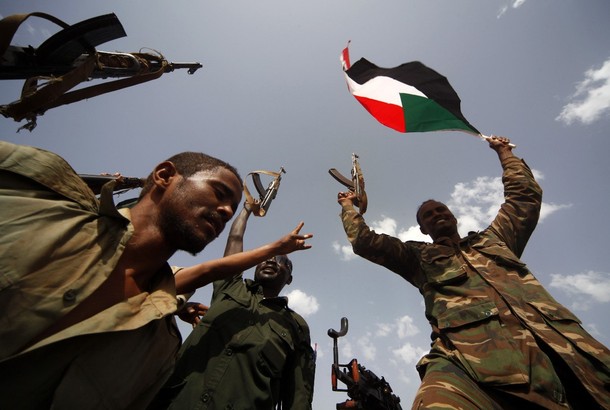In the third in the series of “IntelBriefs” on African security issues being produced by the Atlantic Council’s Michael S. Ansari Africa Center in partnership with the Soufan Group, an international strategic consultancy, Ansari Center deputy director Bronwyn Bruton notes that important transitional arrangements were neglected before the independence of South Sudan last year and, as a result, the new country and the one from which it seceded are now waging a belated and predictably violent effort to allocate oil revenues and territory.
She then argues that ultimately peace in the Sudans depends on the ability of both Juba and Khartoum to overcome the legacy of decades of civil war and to realize the benefits of mutual cooperation — if they exist. This will depend in large part on the West, whose leading actors need to decide whether they are committed to neutral brokering (as morally distasteful as it may be) or willing to risk a regime change in Khartoum (with all the violence and uncertainty that entails).
Click here to read the report
Image: sudan_0.jpg
